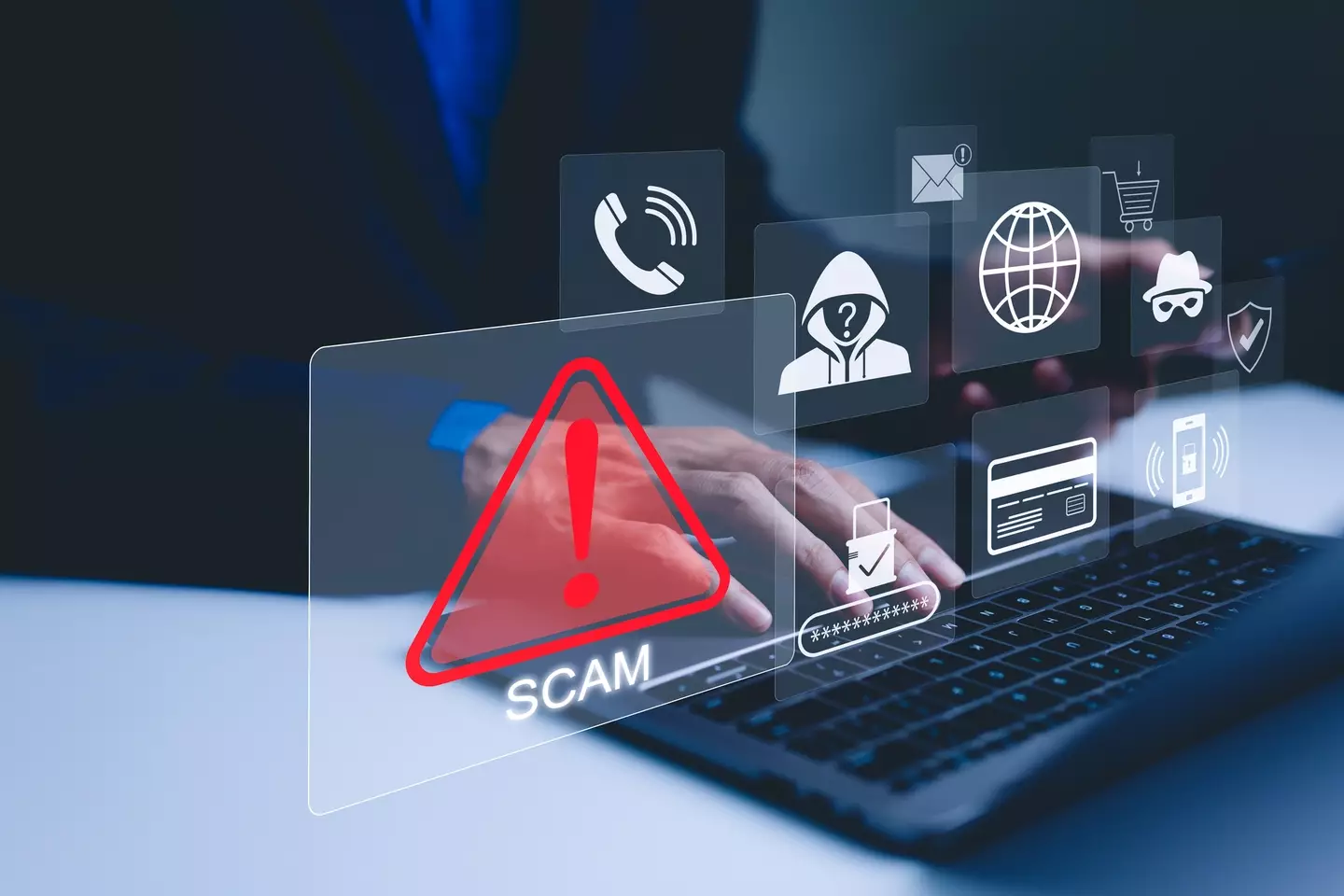
Police have issued an urgent warning over a dangerous DMV text scam that threatens to suspend your vehicle registration.
If you’ve received a similar text, you might want to double check before believing it.
This is after police have started warning the public about a scam that claims to be from the Department of Motor Vehicles (DMV) which pretends to be a legitimate ‘final notice’ to drivers.
In the text, the scammer threatens to have the vehicle registration of the user suspended if they don’t immediately pay up fake fines.
Advert
A link is included with the text which directs victims to pay the scammer money.
This scam has been reported in multiple states including Florida, New York, New Jersey, Georgia, Pennsylvania and Illinois.
In an effort to combat these phishing scams, the New Jersey Motor Vehicle Commission (NJMVC) sent out an alert on social media where it urged people to be vigilant.
In a post on Facebook, the commission wrote: “The New Jersey Motor Vehicle Commission (NJMVC) has received multiple reports of a recent phishing scam impersonating the DMV for Enforcement Penalties. Fraudulent text messages claim residents owe traffic fines and threaten suspension of driving privileges, increased toll charges, and damage to credit scores if payment isn't made.
“These messages are designed to steal your personal and financial information.
“The NJMVC never initiates unsolicited emails or texts requesting motor vehicle services, driver’s license updates, or vehicle registration status. All NJMVC text message communications are limited to appointment reminders only.
“Be vigilant when receiving unexpected communications, especially those asking you to click links or share personal details. For any questions or concerns about communications from the NJMVC, please contact us directly.”

What should you do if you receive a scam text message?
If you receive a message that you believe is a scam claiming to be from the DMV or another state agency, the Federal Trade Commission advises that you report the text on their website or you can file a complaint with the FBI’s Internet Crime Complaint Center.
You should also not reply to the text or click on any links that it has sent you.
If you’re worried that the message might be real then you should contact the DMV directly using a trusted device instead of replying to the text.
You can also report the message as junk or spam on your messaging app, usually by swiping left on the message.